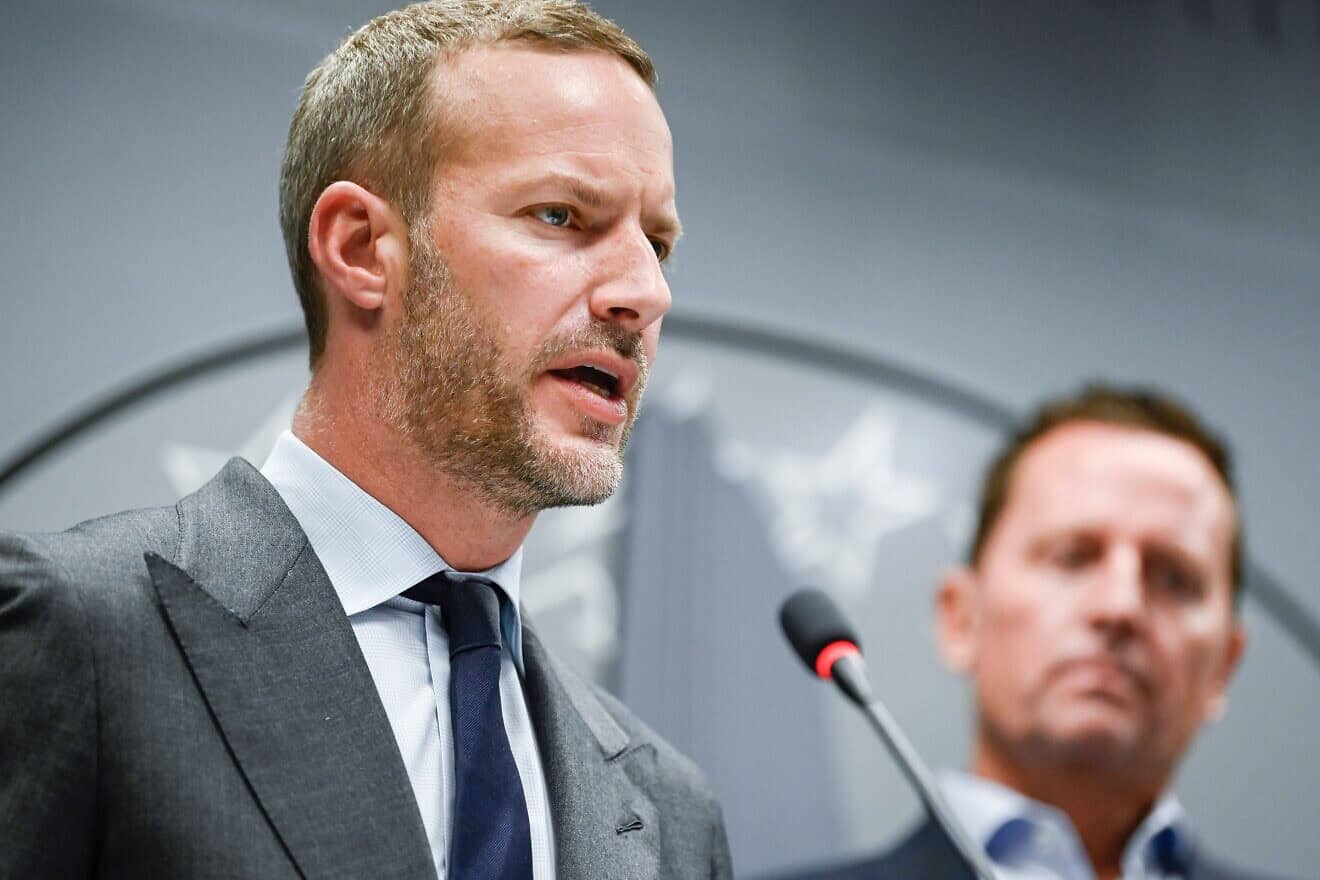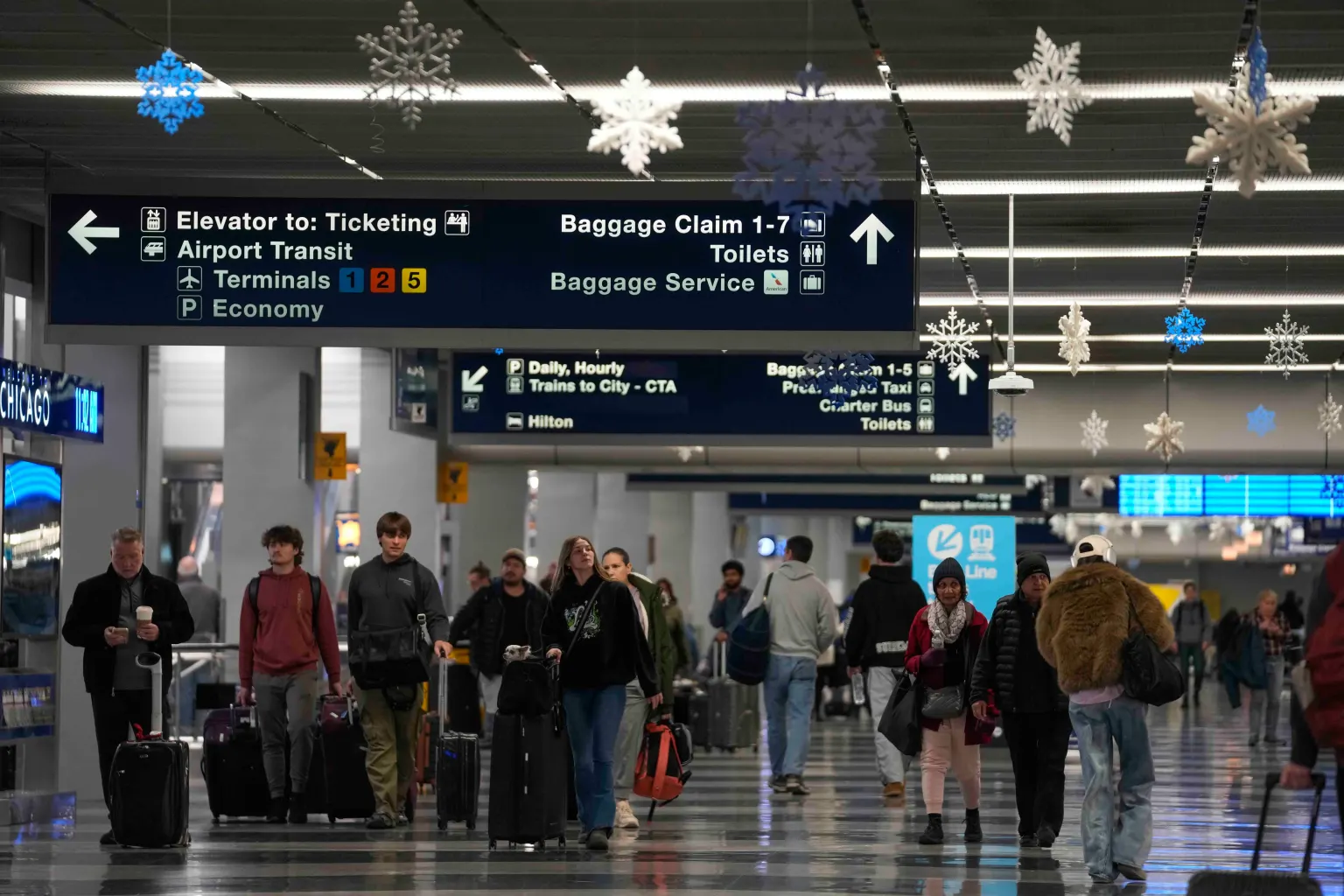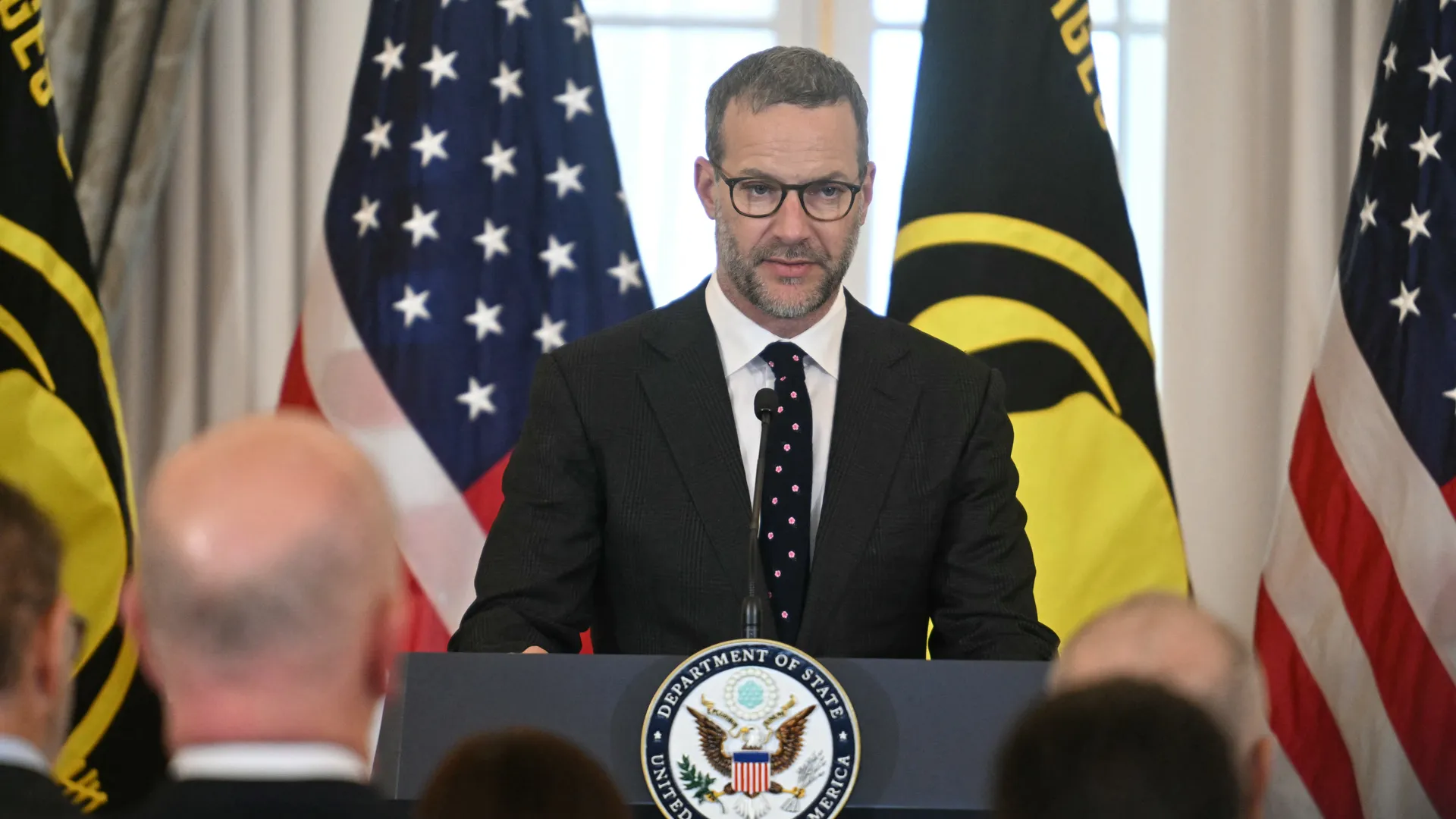WASHINGTON, DC – A report released today by the James W. Foley Legacy Foundation found that The Robert Levinson Hostage Recovery and Hostage-Taking Accountability Act adopted in December 2020 and the 2015 Presidential Policy Directive 30 it codified into law, have built a critical foundation to coordinate and support the release and recovery of Americans held hostage or unlawfully or wrongfully detained abroad. However, further improvements are needed as recurring issues continue.
The study, Bringing Americans Home 2021: A Non-Governmental Assessment of U.S. Hostage Policy and Family Engagement, is the third in a series examining government entities and policies created by these reforms: the Hostage Recovery Fusion Cell housed at the FBI, the Special Presidential Envoy for Hostage Affairs at the State Department, and a Hostage Response Group located in the National Security Council at the White House.
“The aim of this report is to identify the challenges that hostages, wrongful detainees and their families face and present recommendations on how government policies can be improved to support these Americans,” said Diane Foley, president and founder of the Foley Foundation. “Adoption of the 2015 reforms and passage of the Levinson Act represent significant strides toward this goal.”
“Hostage taking’s unique ability to place pressure on democratic governments will ensure that it remains a tool our adversaries will employ, be they near-peer competitors, non-state actors, or somewhere in-between,” said Cynthia Loertscher, the Foley Foundation’s Director of Research and author of the report. “As such, developing effective policy and institutions dedicated to creatively solving these issues is critical, as is the continued development of partnerships between the U.S. government and the families of its citizens whose lives are so brutally disrupted in an attempt by these actors to gain leverage against the U.S. government.”
The 2021 Foley report found that engagement with families of Americans held hostage by terrorist organizations or unlawfully or wrongfully detained by foreign governments remain generally effective, since the 2015 US policy reforms. However, critical improvements are needed in leadership continuity, hostage prioritization, intelligence gathering, and reintegration support for returning hostages and wrongful detainees.
These findings were based on interviews with 42 participants. These included 28 former hostages or wrongful detainees, family members, and advocates of current and former hostages and detainees. The remaining 14 participants were current or former U.S. government or former senior military officials. In total, the study represents 18 individual hostage or wrongful detention cases, over a third of the 54 total publicly known cases that the Foley Foundation tracks on its website.
Key recommendations include:
- Continuity of leadership within the U.S. Government’s hostage recovery enterprise and increased authority of the Hostage Recovery Fusion Cell is necessary to prioritize the return of hostages and detainees.
- Expedited declassification and sharing of information about hostage cases with families is essential to bringing hostages home.
- The Hostage Response Group at the National Security Council and Special Assistant to the President for Counterterrorism must play a key role of access to the President, National Security Advisor, and Secretary of State to prioritize the return of hostages and wrongful detainees.
- Increased support is needed to obtain proof of life of hostages and detainees, retrieve their remains, secure accountability and deter future hostage-taking.
- Securing the freedom of U.S. nationals must be a pre-condition and priority to withdrawal of U.S. military presence and initiation of negotiations with groups holding Americans.
- Unlawful or wrongful detainee cases must have expedited access to the Special Presidential Envoy for Hostage Affairs since their cases require both high level diplomatic engagement from the SPEHA and the Secretary of State in order to prioritize their release.
- Returning hostages and unlawful or wrongful detainees require an advocate within the SPEHA office to provide more physical and mental health support, and to assist with ruined credit scores, inability to pay taxes and other bills while in captivity.
On June 9 at 12:15pm EST, the James W. Foley Legacy Foundation will host a virtual event to discuss the report’s findings. Speakers include Diane Foley; Cynthia Loertscher; Margaux Ewen, Executive Director of the foundation; Sarah (Levinson) Moriarty, daughter of Bob Levinson and foundation Board Member; Mickey Bergman, Vice President and Executive Director of the Richardson Center for Strategic Engagement; Ambassador Robert C. O’Brien, former National Security Advisor and Special Presidential Envoy for Hostage Affairs; the Honorable Christopher C. Miller, former Acting Secretary of Defense and Special Assistant to the President and Senior Director for Counterterrorism and Transnational Threats at the National Security Council; Roger D. Carstens, Special Presidential Envoy for Hostage Affairs; and David S. Elmo, Deputy Director of the Hostage Recovery Fusion Cell. To register and join the event, click here.
The James W. Foley Legacy Foundation is named for conflict journalist James W. Foley who was held hostage in Syria and executed by ISIS in August 2014. It advocates for the freedom of all Americans held abroad and promotes the safety of journalists, like James, who operate in dangerous areas around the world.



